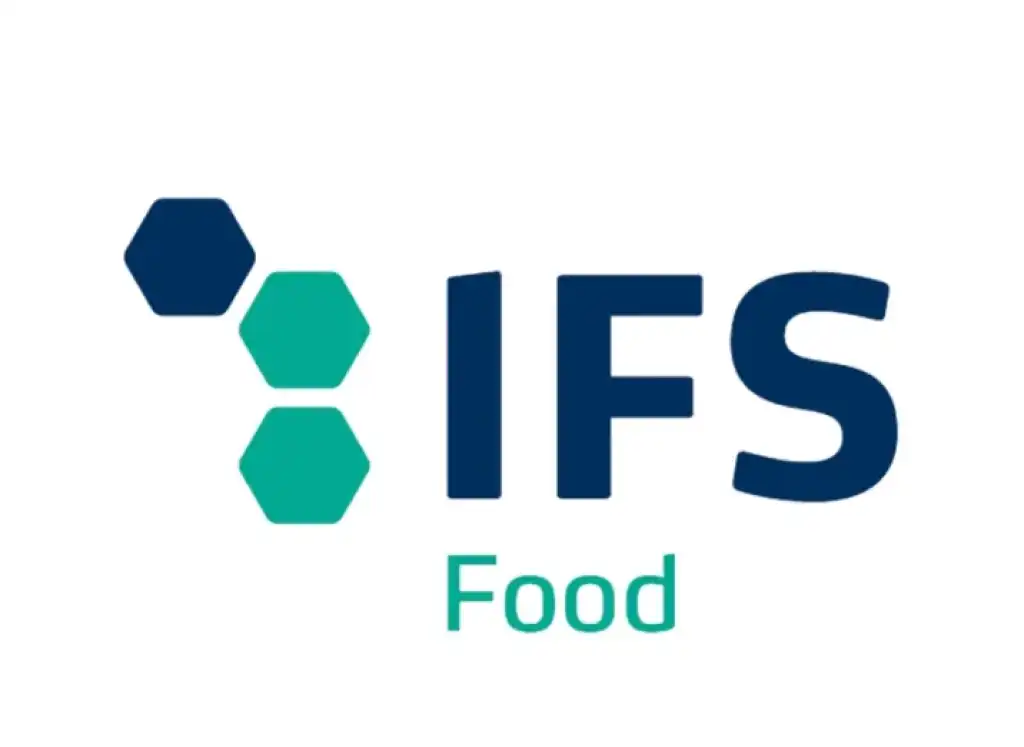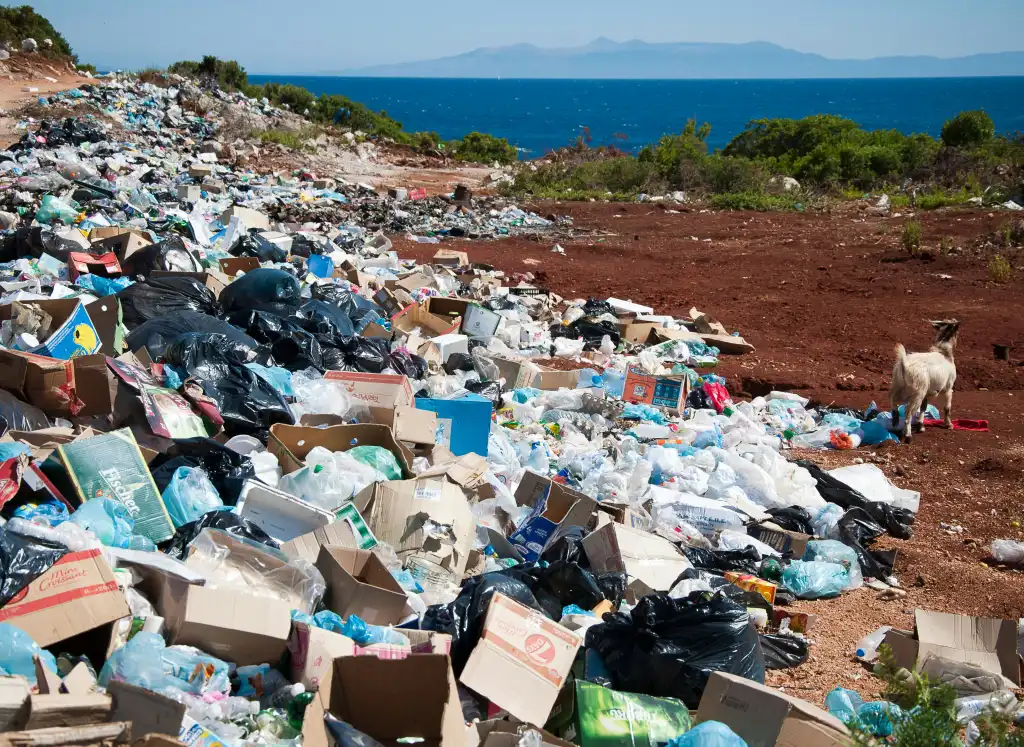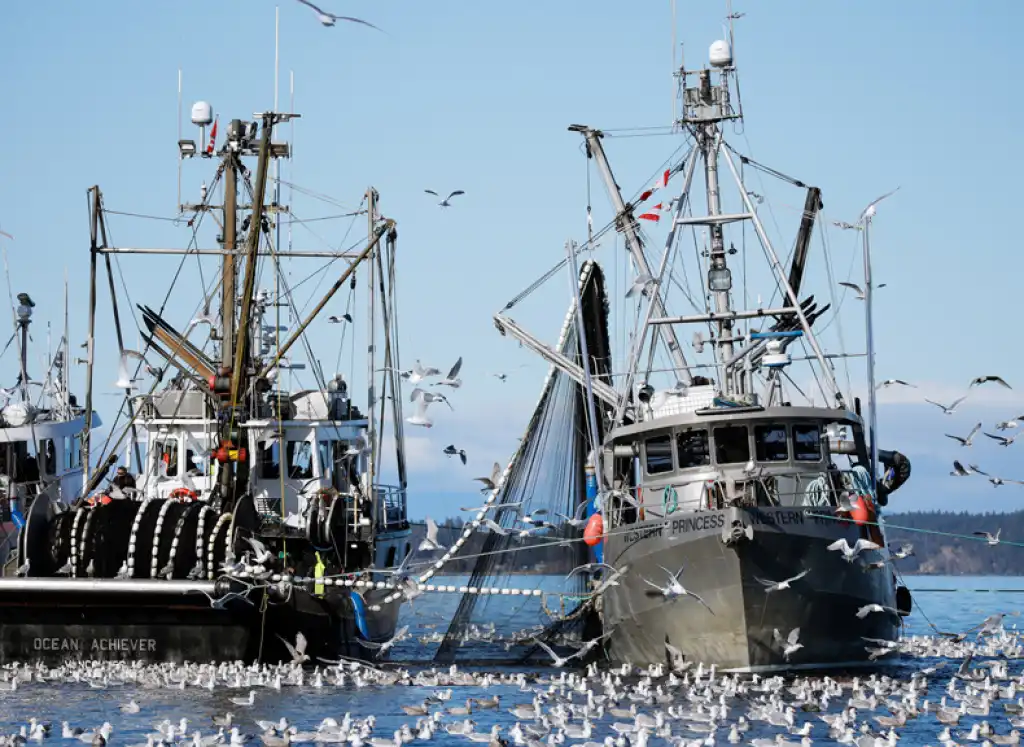Labelling: origin indication extended until December 31 for rice, wheat, milk, tomato and pork
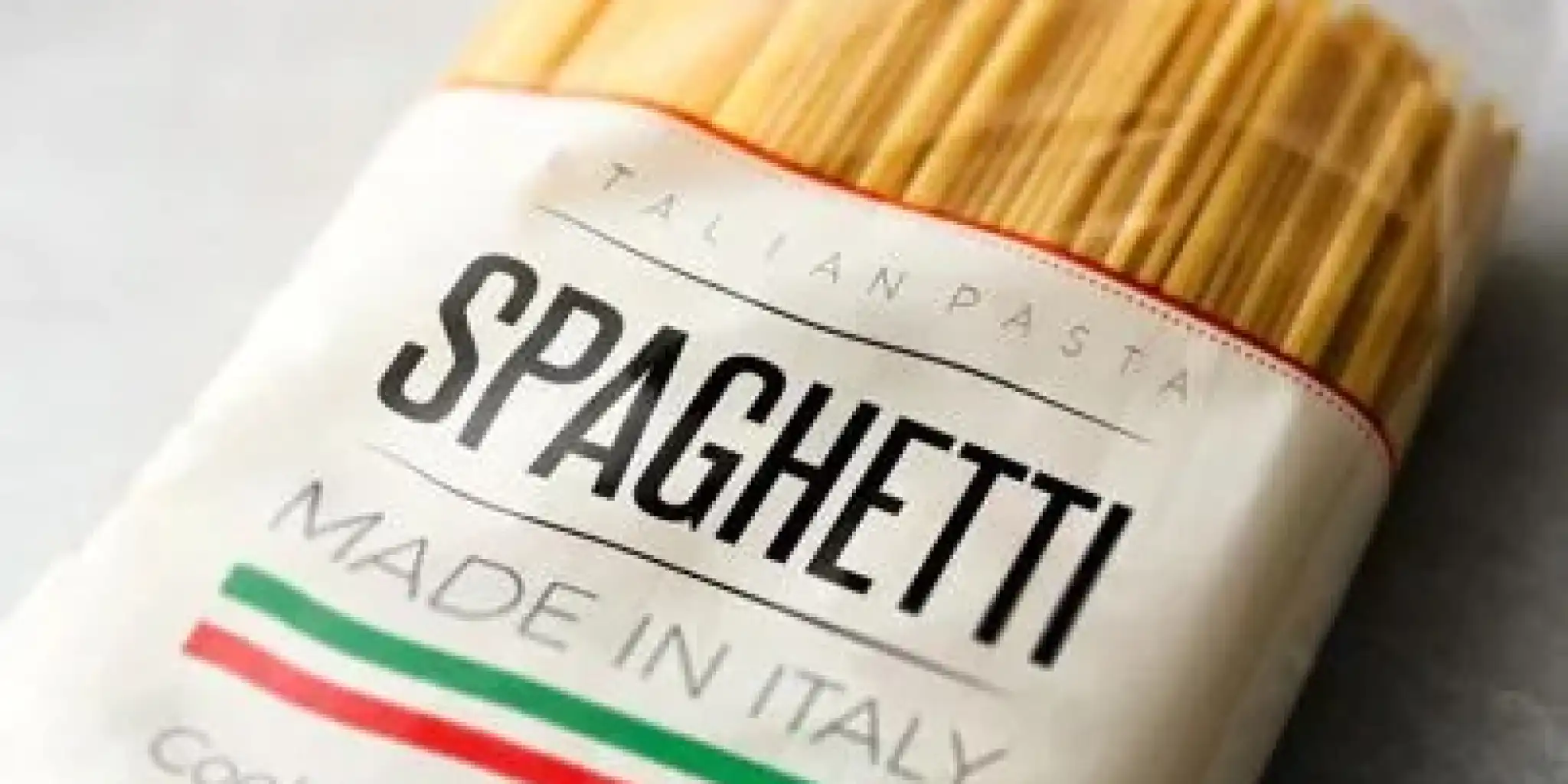
Origin labelling: endless extensions?
Origin labelling and the all-Italian decrees: will we ever see an end? While waiting for the EU, extension after extension.
The repeated confirmation of rules adopted without EU approval exposes Italy to heavy sanctions and directly harms food sector operators.
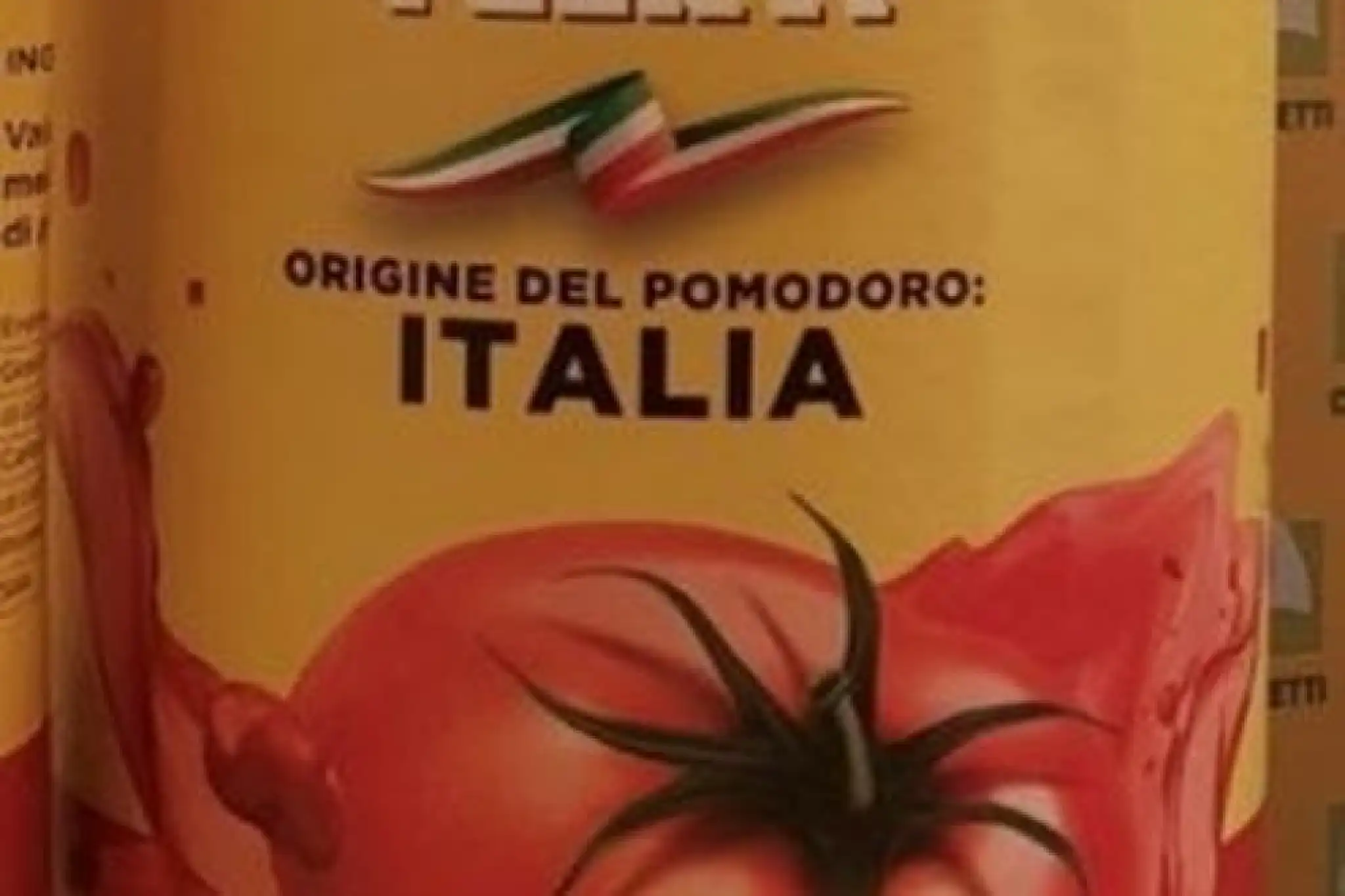
Ministerial Decree 28 December 2021: contents
The Ministerial Decree of 28 December 2021 (Official Journal – General Series No. 32 of 8 February 2022) extends until 31 December 2022 the obligation to indicate in the label the origin of key ingredients in the Italian diet: rice, durum wheat, milk, tomato products and pork.
The text bears the signature of the Minister of Agriculture, Stefano Patuanelli, together with Ministers Giancarlo Giorgetti (Economic Development) and Roberto Speranza (Health).
The decree applies to the following categories:
- rice, as defined by Law No. 325 of 18 March 1958 (customs code 1006);
- durum wheat pasta, as defined by DPR No. 187 of 9 February 2001, excluding fresh and stabilized pasta and special pasta, as per articles 9 and 12 of the same DPR;
- tomato products, as detailed in art. 24 of Law No. 154 of 28 July 2016;
- tomato-based sauces (customs code 21032000), “obtained by mixing one or more of the products above with other plant or animal products, provided that at least 50% of the net weight comes from tomato products”;
- milk and dairy products listed in Annex 1 of the Ministerial Decree of 9 December 2016, prepacked under art. 2 of Regulation (EU) No. 1169/2011, intended for human consumption;
- pork, minced or mechanically separated, as well as preparations and products made from pork, including almost all cured meats.
The decree specifies that the measure takes into account “the ongoing consultations on the revision of Regulation (EU) No. 1169/2011 on food information to consumers.” In this sense, the decree merely renews an existing obligation, providing an element of transparency at purchase, in the consumer’s interest. As such, it might even be commendable, in spirit and substance.
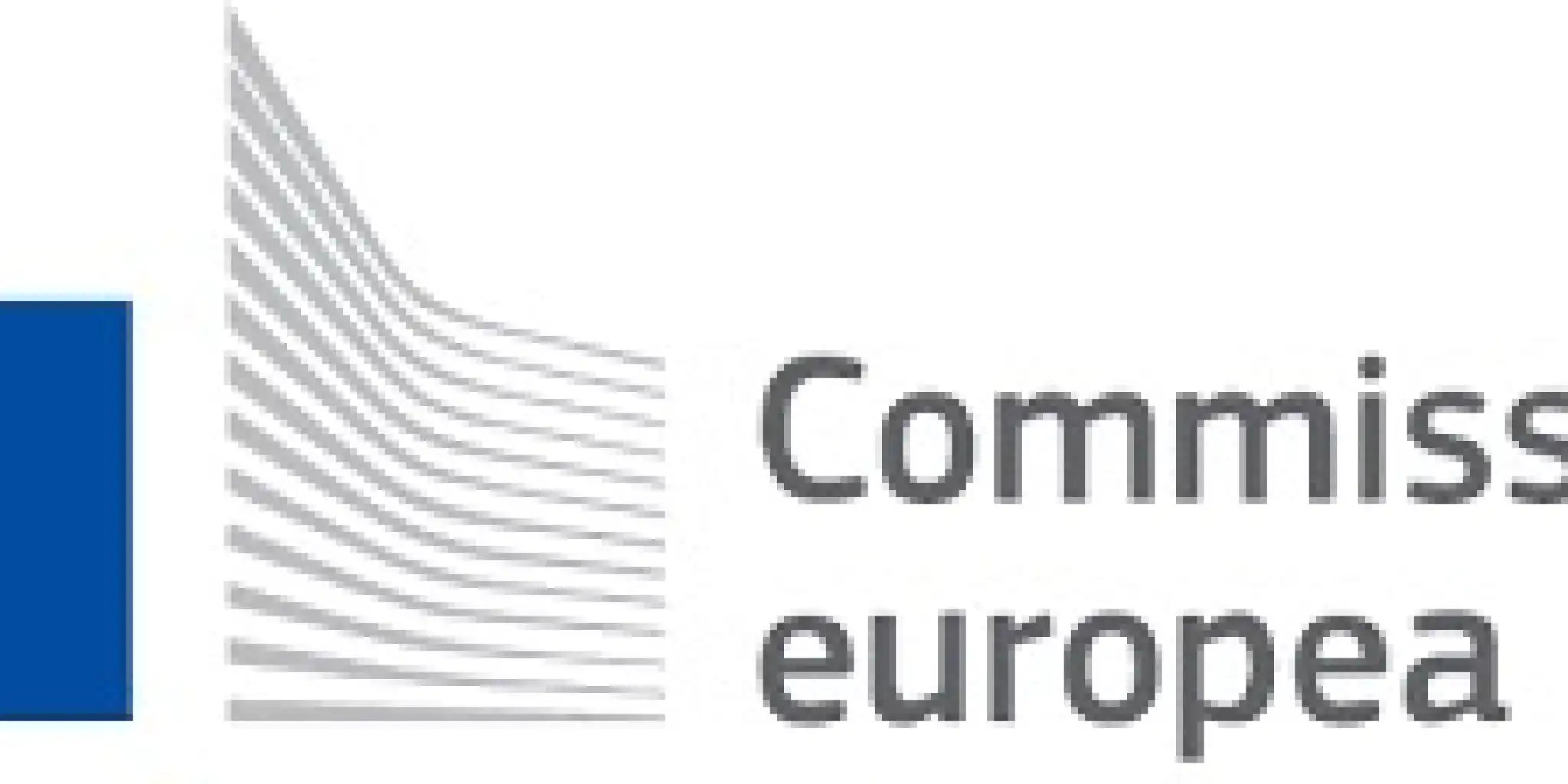
Form is substance: the EU issue
However, law also lives on form, protocols and procedures. The fact cannot be overlooked that the new decree and those it extends are in conflict with EU legislation, as they were unilaterally approved by Italy without the required authorization from Brussels.
In recent years, the Italian government has repeatedly confirmed the full validity of the origin labelling obligation, now extended to the end of 2022 (and likely beyond). Yet technically and legally these rules are illegitimate, hence null. The issue is even more serious given the silence of authorities from which a firm stance would be expected, including Italy’s Constitutional Court.
About two-thirds of Italy’s food exports are traded in the European market: a common area governed by common rules — those agreed in Brussels, not in Rome. The primacy of EU law over national law is a solid and reasonable principle, without which the “condominium Europe” (literally: shared power) cannot stand.
When Member States intend to legislate on matters already covered by EU law, they are required (and expected) to inform the competent EU offices and submit a draft text for review. If Brussels approves, the measure goes ahead; if not, it must be changed or dropped. Tertium non datur.
National sovereignty is not at stake: Italy has simply transferred it — under precise limits and safeguards — to EU institutions, where Italians are also present. Like Italy, so do all Member States: a fair price, in exchange for access to the world’s largest free trade area, with 500 million consumers and a €13 trillion GDP.
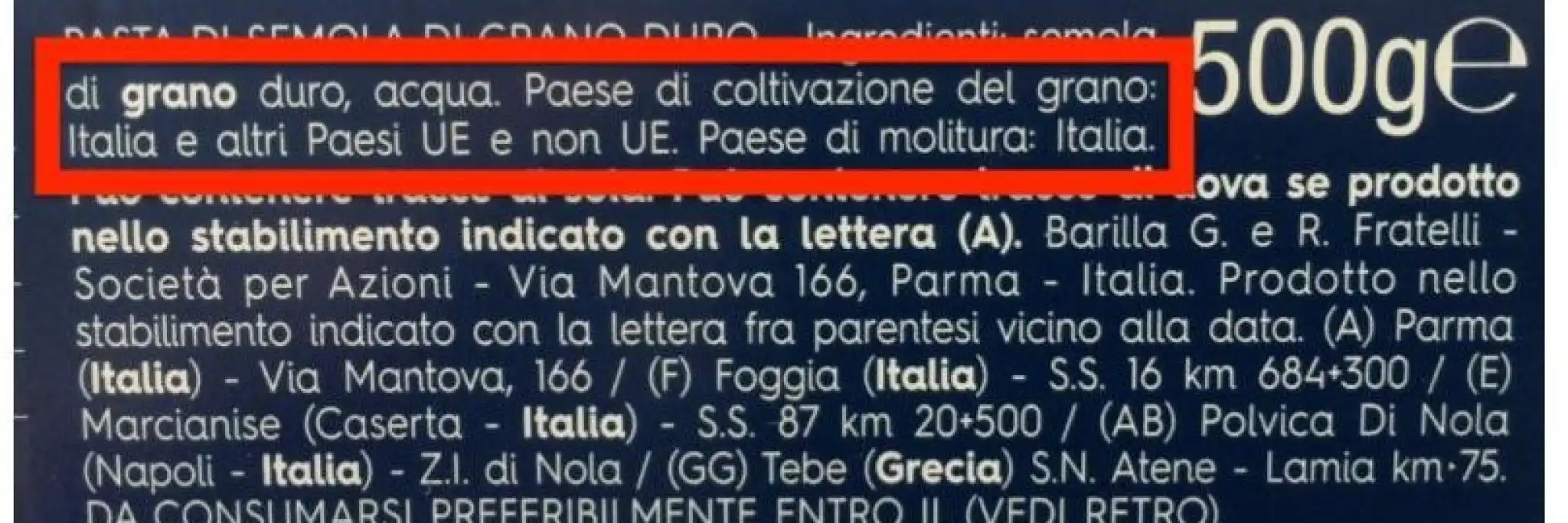
Transparency, but within the Treaties
Origin information is essential to safeguard supply chain integrity and create local value. This is why lawyer Dario Dongo, a leading EU food law expert, has long campaigned — among other things through the initiative EatORIGINal! Unmask your food! — to push for clear and definitive EU rules on transparency.
Yet, as Dongo points out in numerous publications, the answer to a European legislative gap cannot be unilateral action in breach of treaties signed by Italy. Such action may trigger an infringement procedure, with predictable heavy fines for Italy — i.e., for taxpayers, not the ministers who signed and re-signed those decrees.
Specifically, the draft decrees on wheat and rice origin were duly notified to Brussels, with the three-month suspension as required. On 20 July 2017, however, ministers Martina and Calenda signed the decrees without waiting for the Commission’s response — rendering them illegitimate ab origine for manifest violation of the Treaty on the Functioning of the EU (TFEU).
As for tomato origin, the same ministers did not even notify the draft to Brussels — a requirement in place since 1983.
The illegitimacy ab origine is not cured by later decrees extending those obligations, such as the Interministerial Decree of 9 May 2018 (Calenda, Gentiloni) and, later, the Decree of 28 December 2021. Moreover, Regulation (EU) 1169/11, art. 38 (National measures) forbids overlap between national and EU rules in harmonized areas.
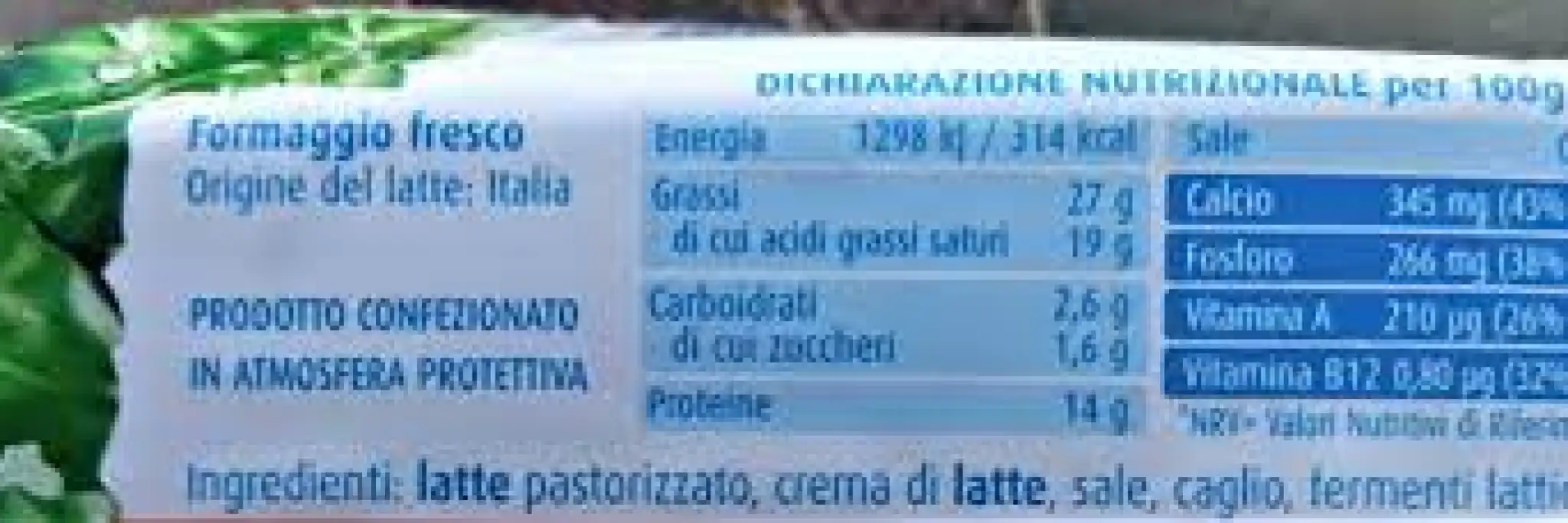
Short circuit between national and EU law
At local level, a damaging short circuit has arisen between national and EU law: a chaotic situation affecting both public officials enforcing the law (but which one?) and private professionals such as food technologists, whose work depends on correctly applied rules.
Suppose a sauce producer with plants across Europe — used (indeed obliged) to apply EU rules uniformly — markets in Italy products labelled simply “EU” or “non-EU” as per Regulation (EU) 2018/775. These indications, though broad, reflect the variability of supply chains, especially in times of pandemics and wars within Europe.
How will Italian authorities react? In fact, EU case law is clear: public officials, from inspectors to judges, must disapply national rules conflicting with EU law. Failure to do so may expose them to misconduct charges once Italy is forced to comply.
Yet if the official disapplies national law, as an Italian civil servant they are effectively disobeying their employer, with possible consequences including suspension or dismissal. Who can guarantee they will be reinstated even if technically correct? If even the Constitutional Court is silent, how can a single inspector oppose three ministries?
Similarly, professionals — technologists, lawyers, consultants — advising entrepreneurs: which law should they follow? The real one (EU) but ignored by Italy, or the national one, void at EU level?
Thus, the decrees on origin labelling remain in force, setting a dangerous precedent for the single market’s foundations.
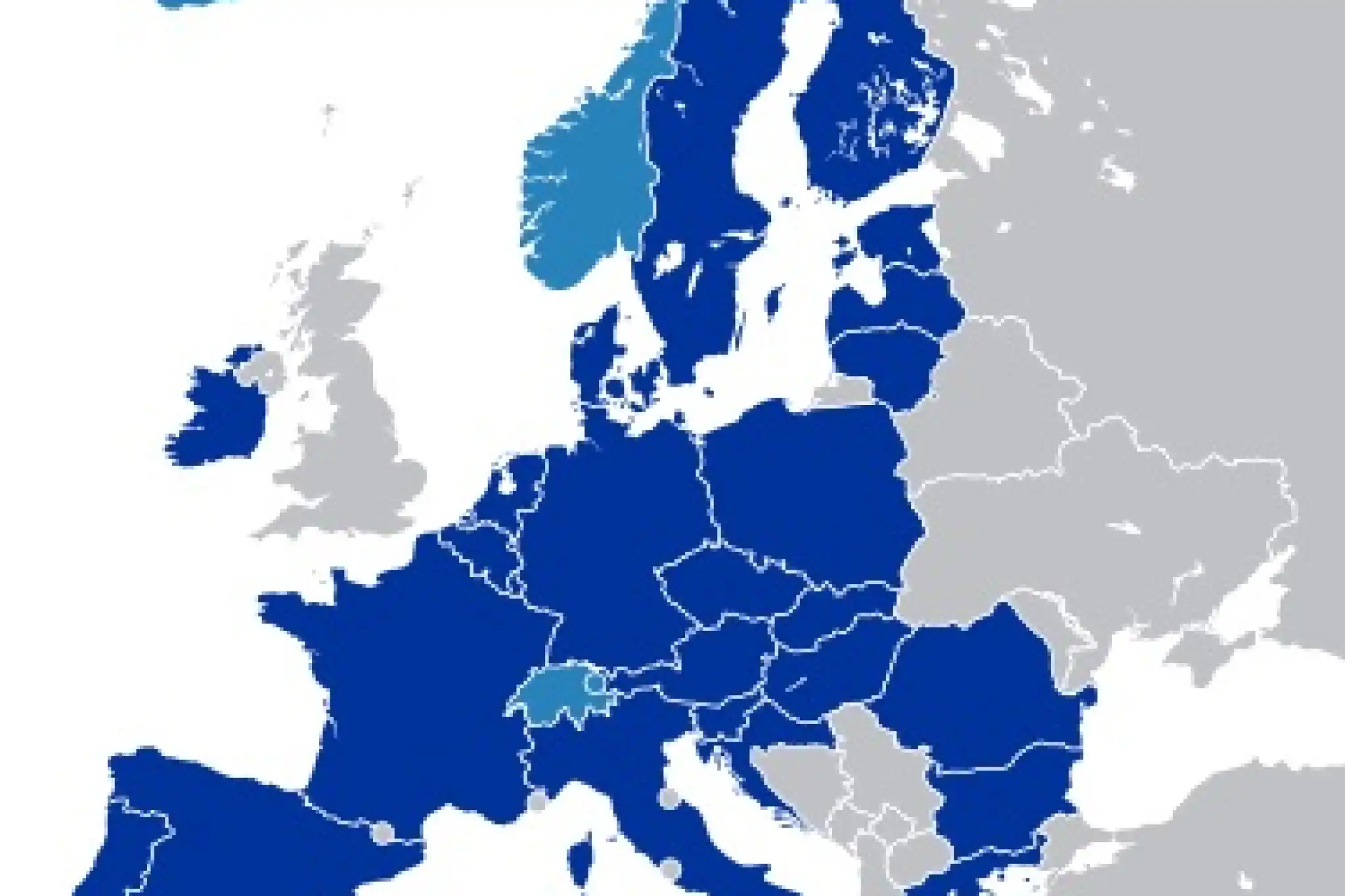
Transparency, but with legal certainty
As technologists and consumers, we all agree on the importance of transparency — but not at the cost of disregarding EU commitments. Sector professionals and public officials deserve a clear legal basis, one that does not mislead or expose entrepreneurs to unjustified sanctions and burdens.
Carmine F. Milone
Sources:
